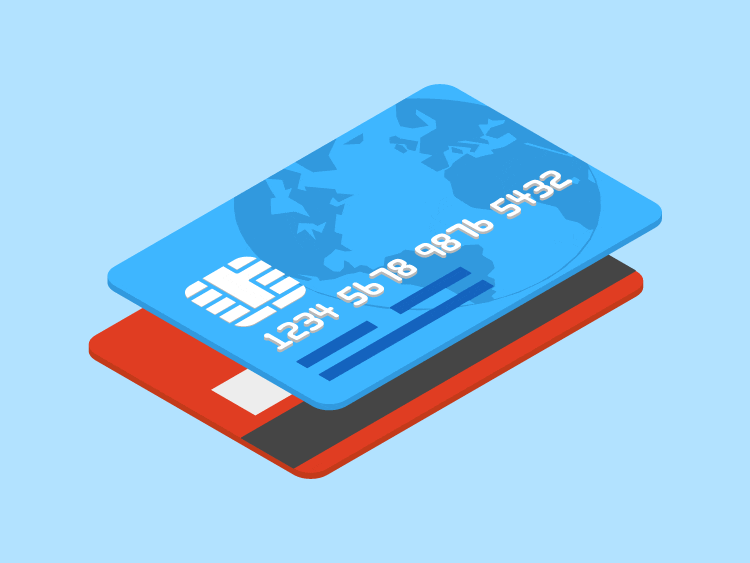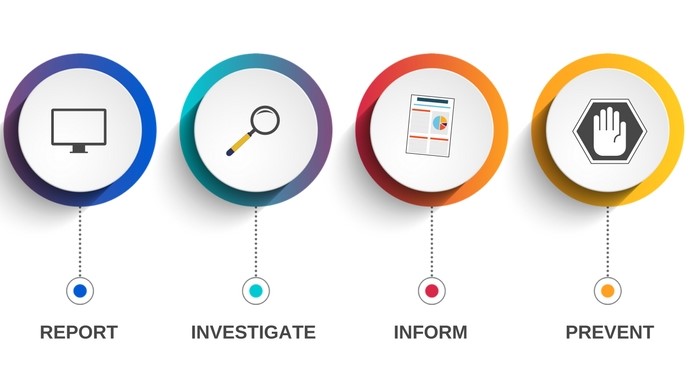Having a poor credit score can impact your ability to get credit. Learn how to increase your credit score fast with these 3 practical tips.
Having a good credit score has become essential in so many different facets of life. You need a credit check to get a mortgage or car loan, to rent an apartment—even employers may ask to see your credit score to gauge how responsible you are.
Did you know that a good credit could potentially save you up to $45,000 in interest? That’s right, lenders are more willing to give better rates to those who have proven themselves responsible with credit.
We’ve put together some tips on how to increase your credit score fast so that you can impress your potential lender. Read on to learn what they are
1. Apply for a Limit Increase

One of the ways that the 3 major credit agencies determine your credit score is by looking at your utilization ratio (UR). Your UR is the relationship between how much credit you have and how much you are using. You want to keep your UR low.
If you have a high credit limit, it shows that you have proven yourself to creditors that you are responsible and pay your bill on time. Keeping your actual credit card usage low also shows that you are responsible and that you aren’t racking up debt you won’t be able to pay off. The ideal UR is 20% or lower, and really, lower is always better.
Just don’t let it fall to 0% for too long or one of your creditors may cancel one of your credit cards because it is inactive. This will reduce your available credit and in turn hurt your score.
To get a quick boost to your credit score, see if you qualify for a limit increase. Sometimes banks will issue them automatically with certain cards, but other times you have to apply. They may ask for you to input an estimate of your yearly earnings and the process is usually fairly quick and easily done online.
2. Apply for Another Credit Card

You may think that having only one credit card might be good for your credit because you aren’t going “credit crazy,” but having too few credit accounts actually hurts your score. Lenders want to see that you are responsible with multiple accounts and types of accounts. The credit reporting agencies ideally want to see at least 7 separate accounts.
These 7 accounts don’t have to all be credit cards. Your mortgage and any car loans in your name will count toward the number of accounts you have. If you find that you have a limited number of accounts on your credit report, opening a new credit card account can be a way to give your score a quick boost.
A new card will both increase the number of accounts you hold and also raise your total credit limit by the new card’s credit limit amount. This can help with your UR.
Beware of Too Many Credit Checks
We don’t advise that you apply for many new cards, however, as it can actually have the opposite effect and hurt your credit score in the form of credit inquiries. Whenever you apply for a loan or a credit card, the potential lender will perform a credit check. Each time they check your credit, that check is recorded on your credit report in the form of a
Credit inquiry.
Some credit checks result in a “soft” inquiry, which may not have as large an impact on your score, or a “hard” inquiry, which carries more weight. As these inquiries accumulate on your credit report, your score will drop, because creditors consider applying for many loans in a short amount of time as “risky behavior” and they don’t like that.
These inquiries can stay on your credit report for up to two years, so it is important not to go around applying for every credit card you see or it will hurt your score and continue to do so for at least a few years.
3. Check Your Reports for Errors

It’s very possible that your credit report contains inaccuracies and that your score is suffering because of it. The credit reporting bureaus are staffed by humans who make mistakes. It’s important that you check your reports from all three agencies once a year (space them out so that you check one of the three every three months.)
Make sure that the information is correct. Look at all the accounts they have linked to you and make sure you recognize all of them. If you see something you don’t recognize, dispute it.
There are usually instructions right on the report on how you can dispute errors on your credit report. It’s even possible that you may find you are the victim of identity theft through your credit report. If someone used your information to open a credit card, then it will show up on your credit report.
Disputing these inaccuracies and having them removed from your report will correct your score and can help raise it quickly!
What If You Can’t Increase Your Credit Score Fast?
Sometimes there isn’t much you can do to improve your credit quickly. Sometimes the only way you can improve your credit score is by showing creditors that you can be responsible over a longer period of time.
The good news is, you still may qualify for a loan even with bad credit.
Consistency Is Key
Lenders and creditors are looking for consistency, and that takes time to establish. After you increase your credit score fast, make sure to play the long game too. Make on-time payments and don’t overspend.
If you found this article helpful, check out this other article to find out how to make your credit cards work for you and keep that score through the roof!

